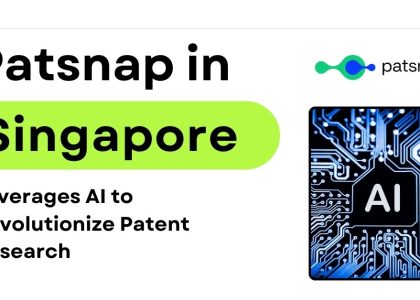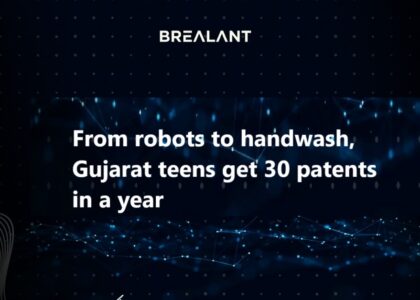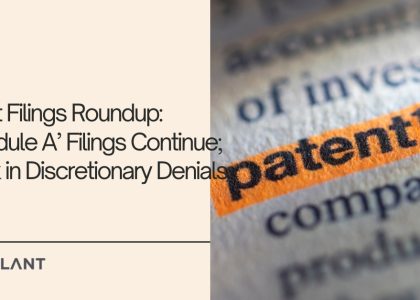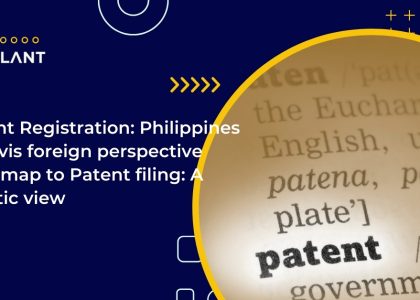Bolar Provision: An Exemption to Patent Exclusivity
Certain goods—typically pharmaceuticals, agrochemicals, and medical devices—must first receive marketing permission from an appropriate regulatory body to demonstrate their efficacy and safety.
In general, the authorization for new chemical or biological entities (innovative products) is far more complex than the permission for a generic or biosimilar product, even though the conditions for gaining such regulatory approval vary from country to country (generic products). Generic companies can depend on some tests and data for the original medicinal product. In contrast, novel goods must undergo clinical testing and trials to demonstrate their safety and efficacy.
A generic manufacturer will typically need to gather and test samples since it must be demonstrated that the generic version of the medicinal product is bioequivalent to the previously approved medicine to obtain a marketing license. Therefore, even if generic manufacturers do not intend to release the product on the market until after the patent expiration, their development and testing of the original medicinal product may be considered an infringement of the patent if it is patent protected.
Many nations have established legal exemptions from patent infringement for tests and trials involving patented products required to obtain marketing authorization to address the issue of regulatory approval taking several years and speed up the entry of generic products onto the market after patent expiration.
These exemptions are frequently referred to as “Bolar exemptions” about a US law enacted to overturn a prior US Federal Circuit ruling against generic drug manufacturer Bolar, which was using Roche’s patented active pharmaceutical ingredient to conduct clinical trials necessary to obtain regulatory approval (Roche Products, Inc. v. Bolar Pharmaceutical Co., Inc., 733 F.2d 858 (1984)).
Other nations have adopted similar exemptions but differ greatly in nature and application. According to a draft reference document dated November 2017 by the World Intellectual Property Organization (WIPO) ‘s Standing Committee on the Law of Patents, the applicable laws of more than 65 countries provide the exception related to acts for obtaining regulatory approval from authorities.
The Latin American case
Regarding Latin America, the following countries have put in place Bolar exemptions: Brazil (Law on Industrial Property 9.279, as amended by Law 10196, Article 43), Chile (Chilean Patent Law, Article 49), Colombia (Andean Decisions 486 and 689, and Decree 0729), Costa Rica (Patent Law 6867, Article 16.2), Dominican Republic (Law on Industrial Property 20-00, Article 30), El Salvador (Legislative Decree 604 on Amendments to the Law on Intellectual Property, Article 116), Mexico (Regulations on Health Related Consumable Goods, Article 167bis), Paraguay (Patent Law 1630, as amended by Law 2593, Article 34), Peru (Andean Decisions 486 and 689, and Decree 1075, Article 39), and Uruguay (Industrial Property Law No. 17.164, Article 39).
Under Law 24766, which deals with data confidentiality, Argentina may offer a Bolar-type exemption, although this has yet to be tested in the courts. According to this Law’s Article 8, “In the case of a product or procedure protected by a patent, any third party may use the invention before the patent expiration for experimental purposes and to gather the information necessary for a product or procedure to be approved by the competent authority for marketing after the patent expires.”
The Andean Community’s member states (Bolivia, Colombia, Ecuador, and Peru) can choose to create a Bolar exemption in their national legislation (through Decision No. 689 on the adequacy of certain articles of decision 486 establishing the common regime on industrial property, allowing the development and deepening of the industrial property rights across the internal regulation of the members states). Only Colombia and Peru, though, have so far established specific exemptions.
In most of these nations, the relevant IP or patent legislation includes a clear exception for regulatory assessment. These clauses are, nevertheless, included in other laws, such as those of health and/or pharmacy, in Argentina and Mexico.
Any product that needs regulatory approval is subject to the exemption in Argentina, Brazil, Colombia, the Dominican Republic, Paraguay, and Uruguay. The exception, however, only applies to medicinal products in Chile, Costa Rica, and Mexico, as well as to pharmaceutical and agricultural chemicals in El Salvador and Peru.
The permissible actions regarding a patented innovation exempt from taxation differ from one jurisdiction to the next. For instance, under the exceptions, the “use” of the patented invention or “acts” required to get the marketing permission are authorized in Argentina, Costa Rica, the Dominican Republic, El Salvador, and Paraguay. The relevant laws do not specify which applications or behaviors fall under the exclusion.
Other nations may allow “selling,” “offering for sale” (in Colombia and Peru), “import,” and “export” as legal actions under the exception (Chile, Colombia, and Peru).The draft document by WIPO’s Standing Committee on the Law of Patents states that the main difficulties that nations encounter when implementing the Bolar exception have to do with the national laws’ lack of clarity regarding the exception’s scope and the lack of knowledge among potential users who might benefit from it.








